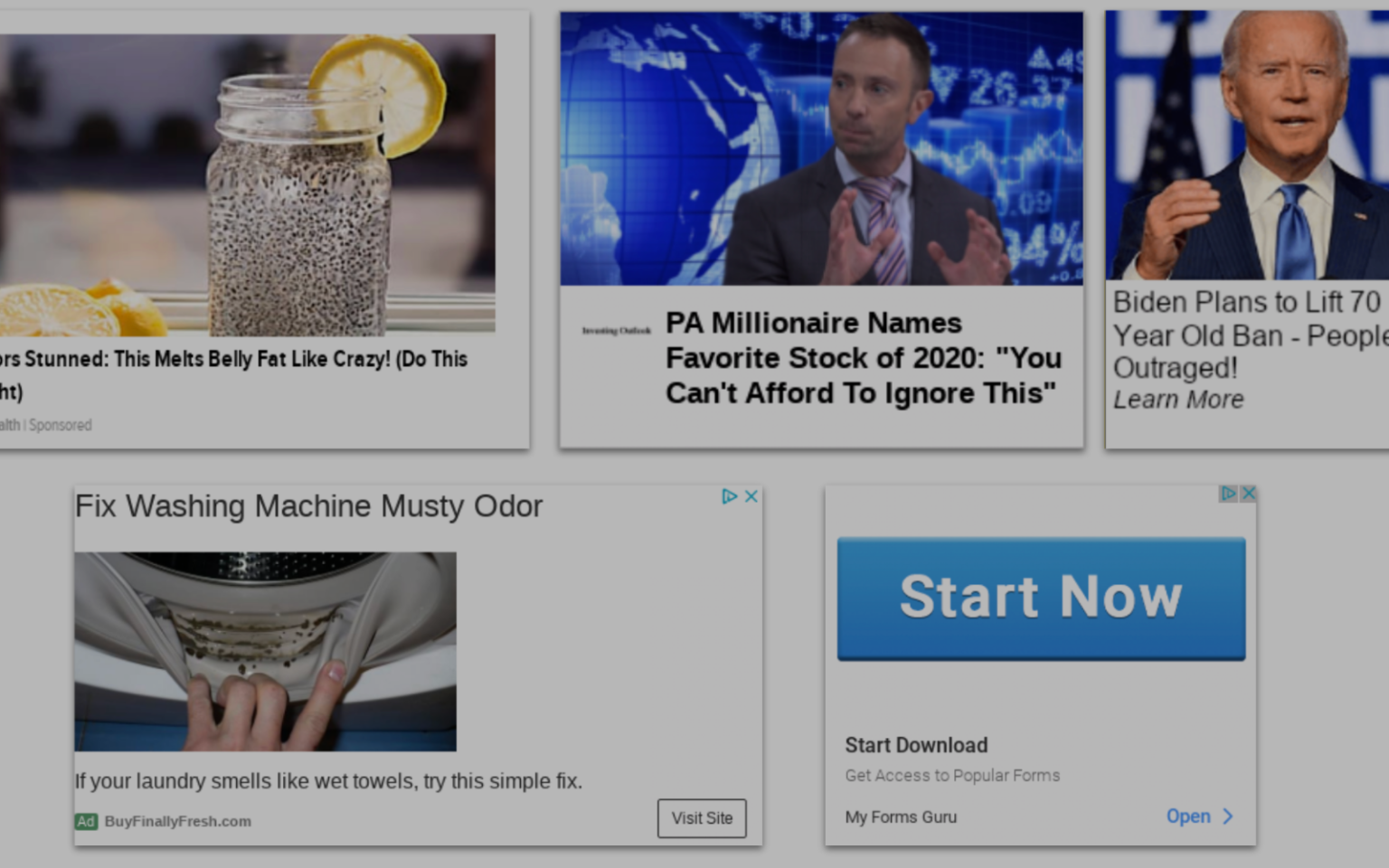During the pandemic, the sporting world ground to a halt. Global events such as the Olympics, Formula 1 racing, the UEFA Champions League and American basketball were all postponed. As an alternative, Formula 1 launched a virtual grand prix series featuring professional F1 drivers. Similarly, Leyton Orient football club organised an online FIFA tournament. This competitive online video gaming is known collectively as esports and brings excitement and competition at a time when traditional sporting events are unable to. The explosion in popularity during COVID-19 meant the global virtual audience of esports exceeded 700m fans in 2021. At the same time, hospitality and tourism sectors experienced…
Author: The Conversation
On paper, networking is a relatively simple task. Mingle with like-minded professionals while sipping wine and you greatly increase your chances of landing a coveted role, or building your dream career. Pre-COVID, gearing up for a networking event, you would probably have walked into a venue, thinking, “Smile. Remember your elevator pitch. If all else fails, talk about the weather.” Now though, many of us are faced with a slightly different predicament: how to network while working remotely. Operating out of makeshift home offices, with children demanding tea or pets stepping on keyboards, we have collectively become BBC Dad, AKA Robert Kelly. The Busan-based political…
Agenda 2063 is the African Union’s long-term framework for socio-economic development, regional integration and the preservation of history and culture. The agenda has 15 flagship projects. These have been identified as necessary for meeting the continent’s aspirations. They are wide-ranging and include constructing a network of high-speed trains; ending violence and creating continental financial institutions. But, in my view, the core of Agenda 2063 is the Africa outer space programme. It has direct or indirect impacts on the other flagship programmes. The outer space programme seeks to enable Africa to obtain maximum benefits from space science, technology and applications. It focuses on Earth…
Sketchy ads, like those for miracle weight loss pills and suspicious-looking software, sometimes appear on legitimate, well-regarded websites. It turns out that most websites don’t actually decide who gets to show ads to their viewers. Instead, most sites outsource this task to a complex network of advertising tech companies that do the work of figuring out which ads are shown to each particular person. The online ad ecosystem is largely built around “programmatic advertising,” a system for placing advertisements from millions of advertisers on millions of websites. The system uses computers to automate bidding by advertisers on available ad spaces,…
Russia used a hypersonic missile against a Ukrainian arms depot in the western part of the country on March 18, 2022. That might sound scary, but the technology the Russians used is not particularly advanced. However, next-generation hypersonic missiles that Russia, China and the U.S. are developing do pose a significant threat to national and global security. I am an aerospace engineer who studies space and defense systems, including hypersonic systems. These new systems pose an important challenge due to their maneuverability all along their trajectory. Because their flight paths can change as they travel, these missiles must be tracked throughout…
An analysis of the genetic material in the ocean has identified thousands of previously unknown RNA viruses and doubled the number of phyla, or biological groups, of viruses thought to exist, according to a new study our team of researchers has published in the journal Science. RNA viruses are best known for the diseases they cause in people, ranging from the common cold to COVID-19. They also infect plants and animals important to people. These viruses carry their genetic information in RNA, rather than DNA. RNA viruses evolve at much quicker rates than DNA viruses do. While scientists have cataloged hundreds of thousands of DNA viruses in their natural ecosystems, RNA viruses have been relatively unstudied.…
Among the many changes brought about by the pandemic is the widespread use of QR codes, graphical representations of digital data that can be printed and later scanned by a smartphone or other device. QR codes have a wide range of uses that help people avoid contact with objects and close interactions with other people, including for sharing restaurant menus, email list sign-ups, car and home sales information, and checking in and out of medical and professional appointments. QR codes are a close cousin of the bar codes on product packaging that cashiers scan with infrared scanners to let the checkout computer know…
It’s not long since billionaires were competing to get to the “edge of space”. Now, the first set of private citizens are getting ready to take a SpaceX shuttle up to the International Space Station (ISS). Unlike the short “joyrides” of Richard Branson and Jeff Bezos, this mission will be reaching the roughly 400km altitude needed to dock with the ISS. The mission by the US commercial aerospace company Axiom Space is a major step forward in private space travel, and is part of a plan to build a private space station. With Russia recently pulling out of collaborating on the ISS,…
The Hubble Space Telescope has observed the most distant star ever seen – Earendel, meaning morning star. Even though Earendel is 50 times the mass of the Sun, and millions of times brighter, we would not normally be able to see it. We can see it due to an alignment of the star with a large galaxy cluster in front of it whose gravity bends the light from the star to make it brighter and more focused – essentially creating a lens. Astronomers see into the deep past when we view distant objects. Light travels at a constant speed (3×10⁸ metres per…
Measures adopted to control the spread of the COVID pandemic resulted in a worldwide reduction in economic activities. This benefited the environment by reducing pollution and greenhouse gas emissions. That said, we should not lose sight of the devastating impact the measures had on poor households. The reduction of environmental pollution has offered countries the opportunity to start from a position of reduced pollution. If sustained this should contribute to an environmentally sustainable economy in line with the United Nations Sustainable Development Goals. The lockdown has therefore offered the chance to start rebuilding from a lower emissions base. But there’s a…










